The University of Chicago Press, Chicago 60637
The University of Chicago Press, Ltd., London
1986, 2020 by The University of Chicago
All rights reserved. No part of this book may be used or reproduced in any manner whatsoever without written permission, except in the case of brief quotations in critical articles and reviews. For more information, contact the University of Chicago Press, 1427 E. 60th St., Chicago, IL 60637.
Published 2020
Printed in the United States of America
29 28 27 26 25 24 23 22 21 20 1 2 3 4 5
ISBN-13: 978-0-226-69254-8 (paper)
ISBN-13: 978-0-226-69268-5 (e-book)
DOI: https://doi.org/10.7208/chicago/9780226692685.001.0001
Library of Congress Cataloging-in-Publication Data
Names: Winner, Langdon, author.
Title: The whale and the reactor : a search for limits in an age of high technology / Langdon Winner.
Description: Second edition. | Chicago : University of Chicago Press, 2020. | Includes bibliographical references and index.
Identifiers: LCCN 2019038457 | ISBN 9780226692548 (paper) ISBN 9780226692685 (ebook)
Subjects: LCSH: TechnologyPhilosophy. | TechnologyPolitical aspects. | TechnologySocial aspects.
Classification: LCC T14 .W54 2020 | DDC 601dc23
LC record available at https://lccn.loc.gov/2019038457
 This paper meets the requirements of ANSI/NISO Z39.48-1992 (Permanence of Paper).
This paper meets the requirements of ANSI/NISO Z39.48-1992 (Permanence of Paper).
The WHALE and the REACTOR
A Search for Limits in an Age of High Technology
SECOND EDITION
LANGDON WINNER
THE UNIVERSITY OF CHICAGO PRESS
Chicago and London
To Gail and Matthew
CONTENTS
PREFACE TO THE SECOND EDITION
DO ARTIFACTS HAVE POLITICS? When I first posed that question decades ago, many social scientists dismissed it as a blunder, absurd, unhelpful, and perhaps even destructive. After all, what sense does it make to go looking for political conditions within material things when there are obviously more urgent problems in political life, such as the dynamics of class struggle, battles among political parties, the intricacies of elections, the elusive qualities of good leadership, and the processes of policy making? While criticisms of this kind have often expressed valid concerns, my simple, beguiling question has somehow persisted. Stories taking note of political artifacts or equivalent phenomena crop up now in discussions about the power of algorithms on Internet platforms; in debates about robotics, artificial intelligence, and the future of work; and in studies of the dangers that misinformation now poses for the most basic workings of democracy. At times, it seems my once bizarre heresy has finally become a weary truism.
Of course, the question was not new with me. Historians from antiquity to the present day have called attention to the political significance of material objects as well as specific features in their configuration. A flurry of inquiries in this vein arose in the works of nineteenth- and twentieth-century utopians, socialists, anarchists, social theorists, urban planners, and historians of industrialization. As the power of modern technical means expanded, there were intense debates about whether or not ingenious new instruments would support better modes of human living. Robert Owen, Karl Marx, Peter Kropotkin, Lewis Mumford, Jane Jacobs, Herbert Marcuse, Jacques Ellul, E. F. Schumacher, Ivan Illich, David F. Noble, and Richard Sclove all asked insightful questions about the relation of new technology to politics.
As early as the fifth century BCE, we find a record of a political artifact at the heart of the struggles between Athens and Sparta: the Athenian project of building and maintaining the long, stone walls that protected the city and connected it to the coastal port of Piraeus. The Spartans vehemently objected to these structures and demanded their removal. They argued that those seemingly innocuous piles of rocks threatened to tip the balance of power in the Athenians favor during any armed conflict between the two city-states. Just as important were issues of symbolic significance. The walls signaled that among the Greek communities that relied upon each other to band together to resist foreign invasions, one key member was hedging its bets. Building and maintaining those stone structures showed that Athens was prepared to go it alone. A revealing discussion of this dispute appears early in Thucydides History of the Peloponnesian War, where Thucydides interpretation of Athenss provocative political artifact adds color and dimension to the disastrous conflicts he describes throughout the book.
Much more recently, my own attention to structures of brick, stone, and mortar has attracted the attention of my readers. The reference is to Robert Mosess bridges spanning the Long Island Expressway. According to Mosess associate, Lee Koppelman, quoted in Robert Caros definitive study The Power Broker, the master builder of modern New York City deliberately designed the bridges with low clearance over the expressway as a way to impede city buses from traveling under them. The intention of this odd feature, Koppelman recalled, was to prevent inner-city, mainly poor residents from reaching Jones Beach, a marvelous new park that Moses had designed as a haven for automobile-owning, middle-class whites. Today, of course, evidence of Mosess silent embrace of social and racial segregation as realized in roads, bridges, parks, suburban developments, swimming pools, and other public works is widely recognized. What seems to fascinate people about the expressway bridges is that the constraints they imposed on social traffic were insidiously covert. This can lead to the next question: What other underhanded schemes are packed into the varieties of hardware and software that surround us? Whatever one thinks of Robert Mosess bridges, they can inspire us to seek out other examples of political artifacts in other settings.
My central concern in this collection is not merely to point out that material things can sometimes reflect political ideas, conditions, and relationships. That is now fairly obvious. Nor is it my goal to encourage detailed studies about how accomplishments of that sort have taken shape. While research along those lines is certainly valuable, the quest for more elaborate explanations is not my primary focus. At the center of the book is an insistent suggestion that material artifacts can be seen as constitutional phenomena; intricate blends of techn and politeia; the interweaving of useful devices, technical systems, philosophical ideals, institutional arrangements, and civic practices that together express the quality of life in any political society. I hope my readers will ask, when encountering new, improved technology, What in the world are we making here? Do our impressive technical things express our best impulses and commitments, or something entirely different? How can we think about such matters in a fruitful way and respond appropriately?
My consistent, often frustrated hopes on this score hinge on the possibility that the introduction of any new powerful, productive, and widely available technology might lead to a fruitful reinvention of society; that it might create opportunity for the general populace to improve human relationships and institutions, creating a more equal distribution of income, blazing new paths for citizen participation, enhancing frameworks of community life, and removing long-standing patterns of social injustice. Unfortunately, during the past two centuries, new technologies in transportation, communication, industrial production, computing, and the like have often aimed to expand the wealth and power of the few with little, if any, care for the potential of technologies to enhance the common good. Hopes for the creation of new public institutions to identify and counteract such troubles have been consistently rebuffed. To an increasing extent, technological innovation and political oligarchy have emerged as fraternal twins.
Next page
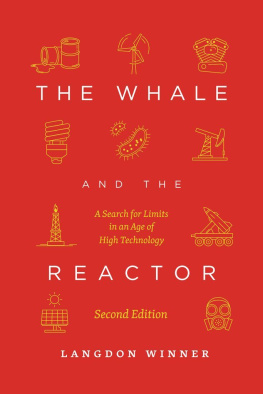
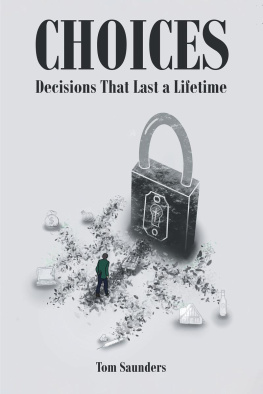
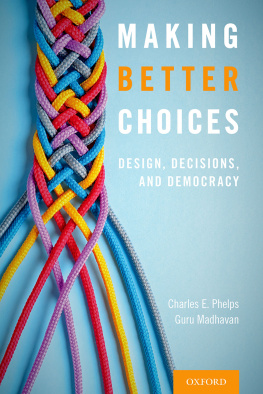


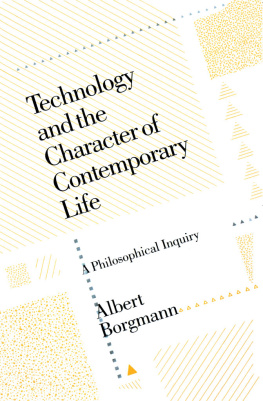
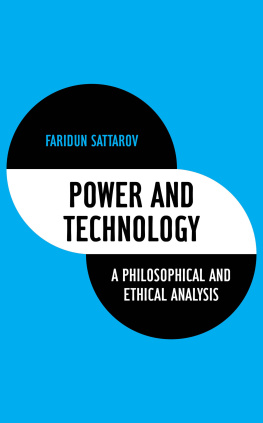
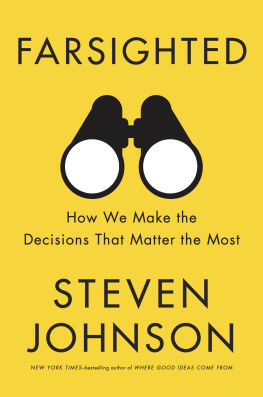
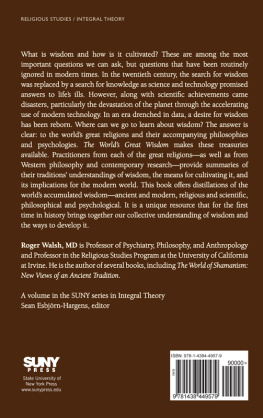
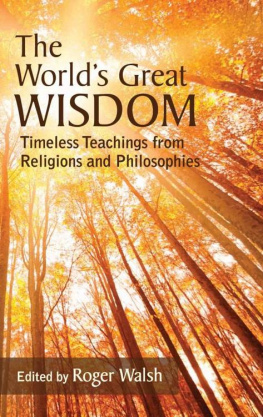
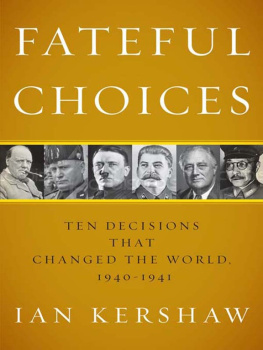
 This paper meets the requirements of ANSI/NISO Z39.48-1992 (Permanence of Paper).
This paper meets the requirements of ANSI/NISO Z39.48-1992 (Permanence of Paper).